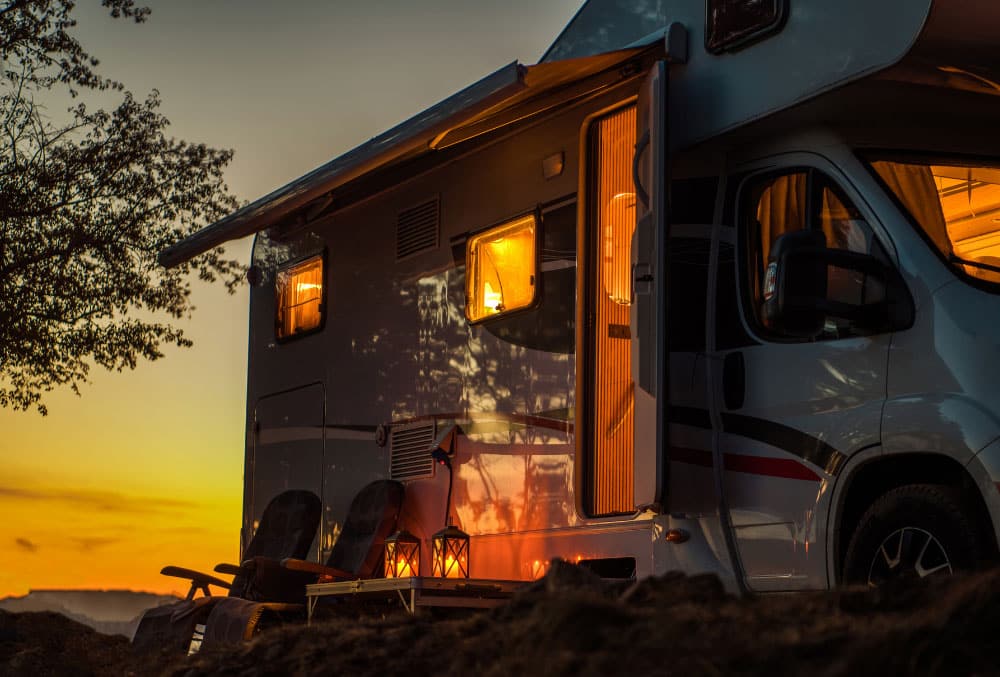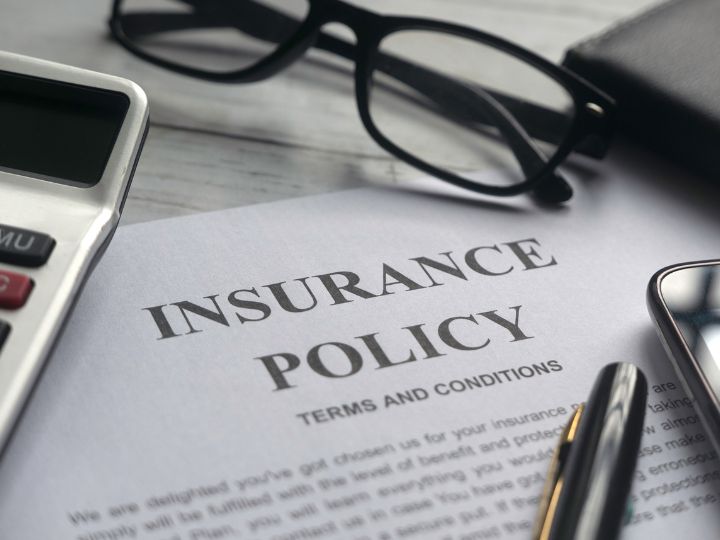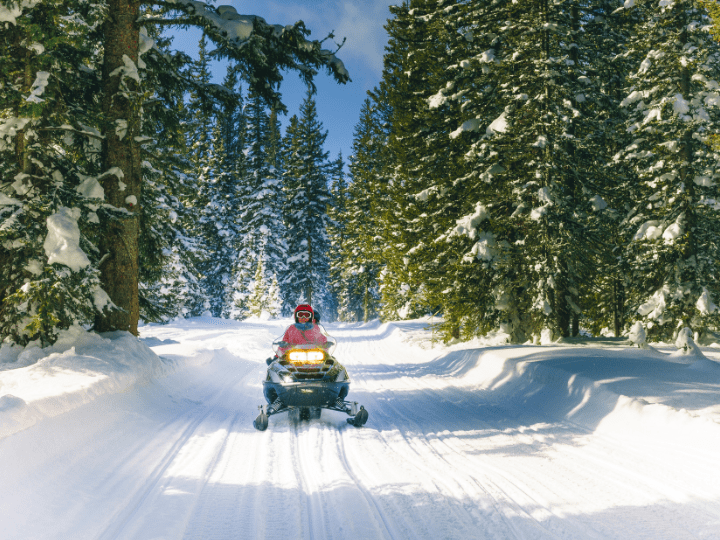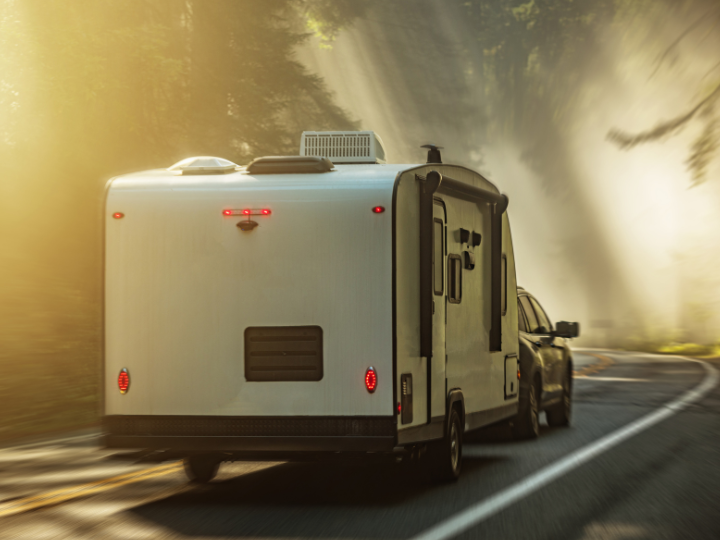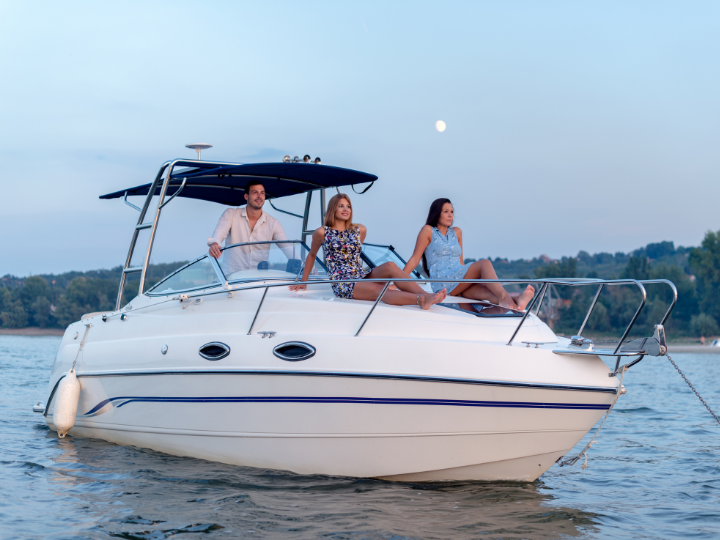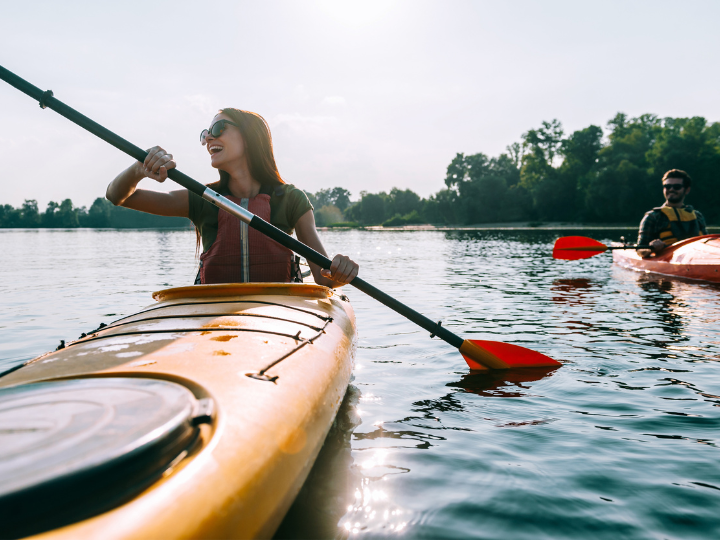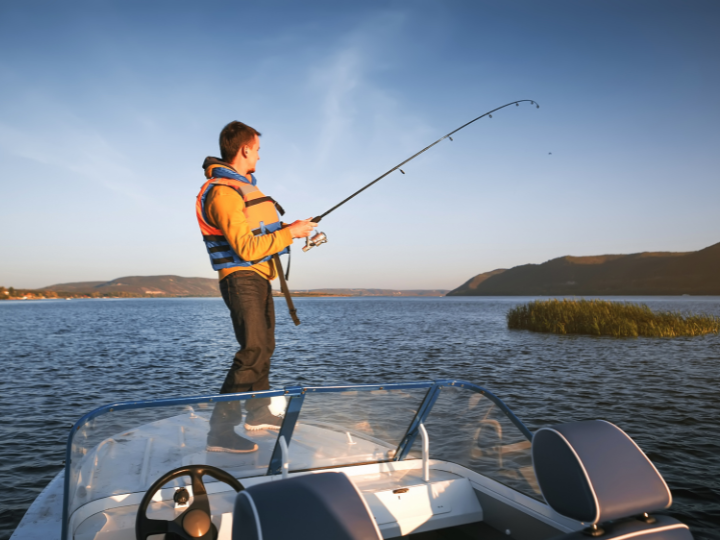Getting The Right Insurance For Your RV This Year
March, 02 2022
When it comes to RVs, there are many different options you can choose to purchase. Similarly, there are different options for RV insurance. With this variety, how do you know which coverage is best?
In order to know if you are getting the right insurance for your RV, there are some factors you need to consider. Keep reading for all you need to know about RV insurance in Ontario.
What Is An RV?
When you think of an RV, you may think of a large motor home or a tour bus that musicians use. And you would not be incorrect! But there are actually a few different classes of RVs. Depending on which type of RV you own, you will have different exposures and therefore need different insurance.
The Canadian Recreational Vehicle Association states that RVs are classified into three basic types for motorized vehicles:
- Class A Motorhome – These RVs are large, motorized homes that can be as large as 75 feet in length. These are the RVs you may immediately think of when it comes to recreational vehicles.
- Class B Motorhome – These RVs may be commonly referred to as camper vans. They are smaller than Class A motorhomes, about the size of a large van. They look and act more like a vehicle and less like a home.
- Class C Motorhome – A class C motorhome is in between a class A and B motorhome. They are smaller than a class A but larger than a class B. They have a sleeping area that overhangs the central part of the van.
In addition, there are non-motorized or towable options as well. Examples of these towable RVs are as follows:
- Travel trailer
- Fifth-wheel
- Folding camper
- Truck camper
- Expandable travel trailer
What Type of Insurance Do I Need?
Since there are varying types of RVs that one can purchase, it may be evident that the type of insurance can vary as well. For example, a Class A motorhome will not have the exact coverage needs as a travel trailer. To simplify, let us look at the coverage offered by each type of RV.
Motorized RVs
Since class A, B, and C motorhomes can be driven, the requirements are the same as they are for autos. Those who own motorized RVs will at the very least need to carry the limits of liability required of cars. In general, the following coverages are required for motorized RVs:
- Bodily Injury – This coverage is for medical expenses for which you are responsible. If you hit someone and they are injured, this is the coverage that will cover these damages.
- Property Damage – This coverage pays for any damage that you cause to another object.
These two coverages are usually all that is required to be legal in most areas. In Ontario, you must carry a pink insurance card to prove that you have the required liability insurance. However, liability coverage is often not sufficient as it will not completely cover you, your passengers, or your RV.
To get coverage for these, you may also want to consider purchasing uninsured motorist bodily injury and property damage as well. This coverage will pay for any damage that you, your passengers, or your RV incur due to an accident that is caused by someone who does not have insurance. To ensure you have coverage for your RV for other events, you should purchase comprehensive and collision coverage. This will cover you if you hit something and damage your RV, as well as for things like fire, theft, and vandalism.
Since motorized RVs are also living spaces, there is additional coverage you will need above and beyond what a car insurance policy would cover. With RV insurance, you can purchase additional coverage to repair or replace the furnishings inside the van or motorhome, as well as awnings, equipment, or satellite dishes.
Some companies will even offer other expanded coverages such as emergency expenses, replacement costs, or coverage for those who reside in the RV full time.
Towable RVs
For RVs that can be towed, such as a travel trailer, physical damage coverage should be purchased to cover any damage to the trailer itself. However, liability coverage does not need to be purchased separately since that coverage extends from the vehicle to which the trailer is attached.
For example, if you have a pickup truck to which you attach your travel trailer or camper van, once you attach your towable RV, it has the appropriate coverage required to be on the roads.
Once the RV is detached from the vehicle that is towing it, there is no liability coverage. This is ok since the RV is stationary and presumably will not cause any damage. However, it can still be damaged, which is why the physical damage portion of the policy is so critical.
Similar to the motorized RVs, there is a living space that needs coverage as well, in addition to any of the equipment that might be associated. This coverage is also afforded by an RV policy.
Why Do I Need RV Insurance?
Given the expense of an RV, it makes sense that there should be some sort of insurance on them. But you may be wondering why it needs to be a separate policy and not something your auto or home insurance would cover.
Unfortunately, both the auto and home insurance policies provide either limited coverage or none for motorhomes, campers, or trailers. As such, the only way to ensure your investment is fully protected is to purchase RV insurance.
Where Can I Learn More?
With so many different types of RVs and insurance coverages, do not leave anything to chance. Speak to the experts at Duliban Insurance Brokers. Their knowledgeable agents are licensed and willing to help with all your RV insurance needs.
